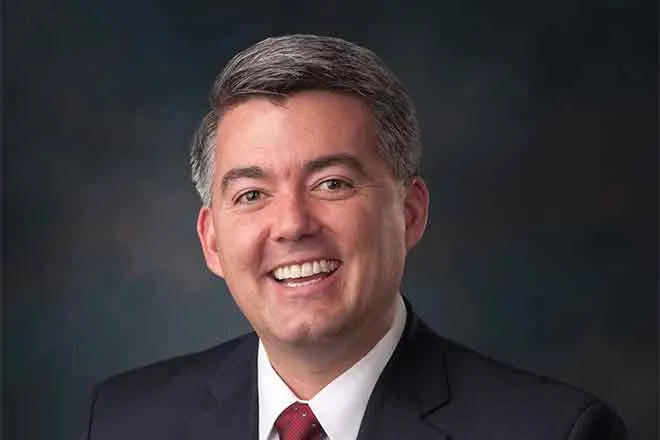
Mental health crisis: report offers clues in beefing up care network
(Greater Dakota News Service) About half of the people in Colorado live in federally designated mental-health professional shortage areas, and new report recommended steps Congress and other decision-makers can take to help states close gaps within the behavioral health workforce, amid a growing demand for mental-health services and a shortage of licensed providers.
Kendall Strong, senior policy analyst for the health project at the Bipartisan Policy Center, said one solution is to enhance the role of those with mental-health training who do not have the full credentials. She argued behavioral-health support specialists are certainly up to the task.
"These people are underutilized," Strong contended. "They have a lot to offer because part of the folks that we're talking about are folks like peer-support specialists, who have lived experiences and can really connect with folks who are struggling."
Others in the group are community health workers and paraprofessionals. The report recommends reducing barriers for them to take on bigger roles in behavioral health, including adopting a certification framework to promote flexibility but still protect patients.
Strong acknowledged a divided Congress might provide obstacles but added there is optimism with both parties recognizing the provider shortage.
The report advised pulling in more help can free up licensed providers who are dealing with patient backlogs. Strong added behavioral health support specialists are embedded in the community and can meet in a nonclinical setting. She suggested it can be especially helpful in rural areas where mental-health stigma still might exist.
"In areas where there is just less infrastructure visibility as compared to urban areas, it's really clear if you're going into a health care facility," Strong noted.
The report also called on federal officials to explore expanding Medicaid and Medicare coverage of services provided by behavioral-health support specialists.
The Kaiser Family Foundation said Colorado has nearly 71 areas with provider shortage designations, which affects more than 2.8 million people.

















